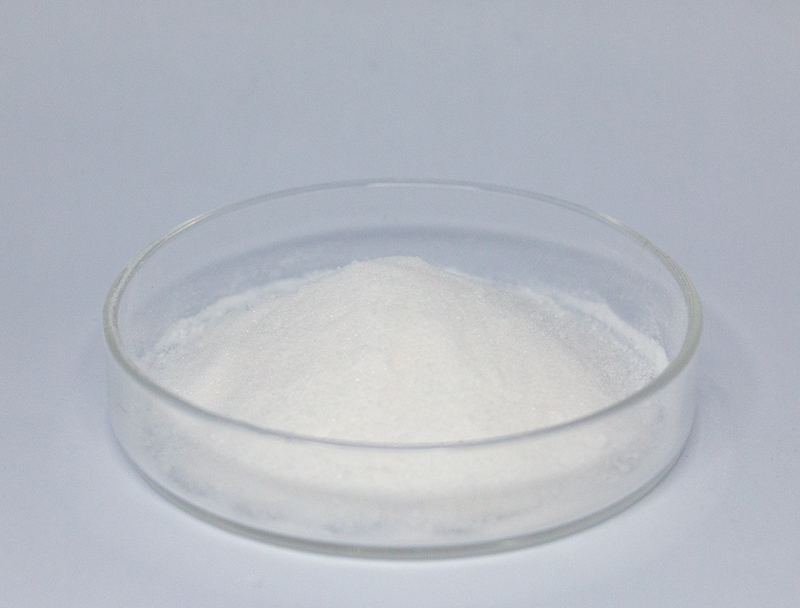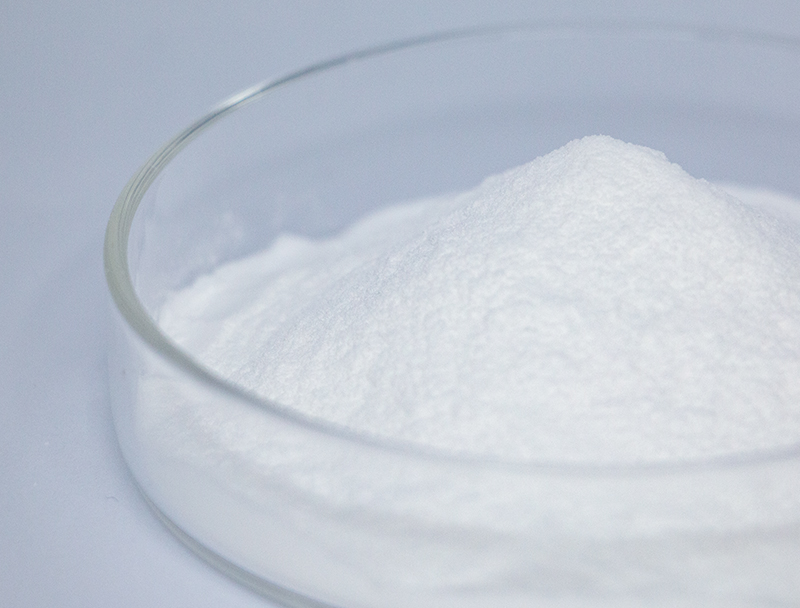
Biomanufacturing relies heavily on a vast array of primary inputs to create novel bio-derived items.
Safeguarding ethical acquisition of feedstocks underpins enduring viability and ethical market growth.
an array of drawbacks from conventional supply chains including biodiversity loss and excessive resource use. Therefore, producers should prioritize ethical sourcing models to curtail ecological damage.
- Samples of circular procurement methods cover:
- Leveraging biomass from food-processing residues
- Integrating recovery systems to shrink waste while improving throughput
- Forging alliances with neighborhood suppliers supporting green sourcing
Such a move to ethical procurement delivers ecological gains and commercial returns over time.
Refining Biomass Sources to Enhance Fuel Conversion
Optimizing biofuel yields depends strongly on feedstock quality and makeup. Investigators regularly test new routes to upgrade biomass inputs, leading to higher yields of biofuels and a more sustainable energy future. Tactics include molecular breeding to increase biomass and chemical or physical pretreatments to release sugars.
- Concurrently, efforts examine seaweed, industrial byproducts, and crop residues to increase the variety of renewable feedstock alternatives for fuel production.
- Owing to ongoing work the biofuel domain is primed to reach substantial milestones advancing renewable energy adoption.

Biopharmaceutical Production: Innovations in Upstream Processes
comprises front-end procedures like culture expansion and cell retrieval Recent developments in this field have resulted in optimized workflows that raise overall output.
Crucial progress includes proprietary cell systems, optimized growth media, and adaptive bioreactor architectures. Such breakthroughs boost efficiency and simultaneously reduce manufacturing costs and carbon burdens.
- Furthermore, there is a growing trend towards continuous processing in upstream processing, allowing for increased flexibility over the production process.
- The adoption of higher-tech manufacturing practices will likely disrupt traditional models and speed therapeutic launches.

Advances in Gene Editing to Boost Therapeutic Production
progresses in gene editing technologies, such as CRISPR-Cas9, have revolutionized the production of biopharmaceuticals. By implementing targeted gene changes, investigators boost production titers of important biologics. These methods could enable production of accessible and efficient medicines tackling diverse health challenges.
Harnessing Microbial Biotechnology for Sustainable Bioremediation
state-of-the-art biological cleanup solutions using targeted microbial actions. Microorganisms possess the remarkable ability to degrade and transform harmful pollutants into less toxic substances.. Using microbial biotechnology enables remediation strategies that balance effectiveness with ecological protection. Scientists are actively exploring a wide range of microbial species with diverse metabolic capabilities to target various pollutants, including heavy metals, pesticides, oil spills.. These microbes operate in engineered systems or direct environmental applications to metabolize and remove contaminants.
Microbial remediation approaches present key benefits relative to classic remediation methods. This route is often more affordable and reduces the formation of toxic residues. Also, microbial interventions offer targeted remediation that minimizes collateral ecosystem disturbance. The field of microbial biotechnology continues to advance rapidly, with ongoing research focused on improving the efficiency and effectiveness of bioremediation strategies.
Bioinformatics' Impact on Drug Design
Data-driven bioinformatics is critical for modern pharmaceutical innovation. By leveraging complex datasets, bioinformatics expedites discovery and optimizes candidate safety and potency.
- Through mining large genomic, proteomic, and clinical repositories, informaticians reveal new targets and forecast drug behaviors.
- In addition, predictive simulations inform medicinal chemistry efforts to craft more efficacious drugs.
- Ultimately, informatics is transforming R&D and shortening timelines to deliver safe, efficacious therapies to patients.
Engineering Cellular Pathways for Improved Bioproduct Output
implements many strategies to improve microbial output of desired bioproducts. Strategies involve pathway refactoring by genetic modification, expression modulation for balanced flux, and grafting of novel genes to add capacity.. With precise metabolic tuning scientists can greatly enhance yields of desired compounds.
This comprehensive strategy could transform numerous sectors such as pharmaceuticals, farming, and renewable energy.

Challenges and Opportunities in Scaling Up Biopharmaceutical Production
Moving from bench to commercial scale creates complex challenges and valuable opportunities. Retaining quality standards during scale enlargement is a core difficulty. Managing it necessitates robust automation, high-fidelity monitoring, and powerful analytical capabilities.

One issue is the complexity of biopharmaceutical manufacturing processes, which often involve multiple steps.. Reengineering workflows for mass production involves rigorous R&D and inventive technology deployment.. Still, the gains can be meaningful. Effective scale-up may expand patient access to therapies, cut unit costs, and improve margins.
A series of measures are underway to confront these obstacles. Efforts include process-digitization tools, integrated analytics for monitoring, and fresh manufacturing paradigms.
- Ongoing innovation drives improvements in industrial production capability.
- Regulatory bodies are modernizing pathways to accelerate approval of advanced production technologies and support innovation.
Regulatory Strategies for Biopharma Compliance and Patient Protection
Developing biologic treatments requires exacting oversight to ensure consistent safety and efficacy. Biologically derived medicines entail particular manufacturing and regulatory complexities compared with chemical drugs.
Institutions such as the U.S. FDA and European EMA lead in formulating regulations and Sialic Acid benchmarks for biologic approvals..
Robust assay and safety testing are obligatory from discovery through post-marketing surveillance.. The protocols serve to uncover safety concerns and certify that products fulfill rigorous protection standards..
Concurrently, regulatory organizations fine-tune methods to remain compatible with quick scientific advancements. Policies involve deploying novel tech and expediting development while preserving commitment to patient safety.

Plant-Origin Feedstocks in the Production of Bioplastics
Heightened demand for sustainable products accelerates efforts to develop renewable material alternatives. Converting plant biomass into bioplastics offers a credible pathway to environmentally sound products. Plant inputs like corn-derived starch, cellulose derivatives, and sugarcane can be turned into degradable plastics that lessen environmental burdens.
Similarly, selected bioplastics offer analogous properties to traditional plastics suitable for many applications.. Continuous R&D will drive plant biomass into scalable bioplastic manufacture and help establish closed-loop material systems.
Emerging Biotech Solutions for Health and Food Security
Biotechnology offers potent solutions for advancing public health and enhancing food security. Applying targeted genetic edits, synthetic biology frameworks, and cellular therapeutics, practitioners produce measures to address infectious disease, boost harvests, and upgrade nutritional content.. As an example, crop genetic improvements for pest and stress resistance help boost production and cut dependence on chemical pesticides.. Similarly, biotech contributes advanced vaccines, antimicrobial strategies, and diagnostic techniques crucial for infectious disease management and health advancement.. With persistent development, biotech stands to offer transformative solutions for global health and long-term food security.
